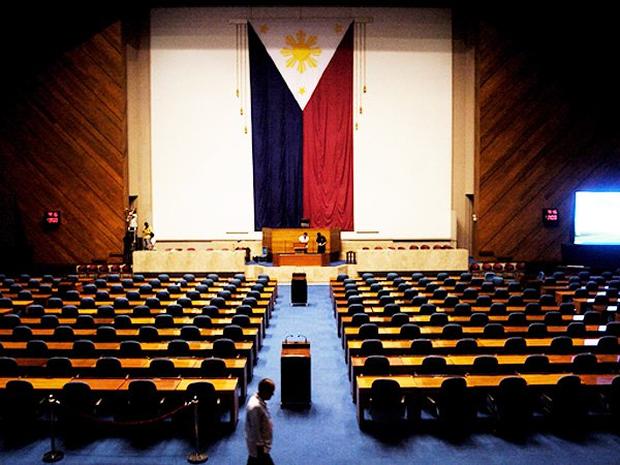MANILA -It’s already too late for renewed attempts to amend the Constitution for the sake of attracting more foreign investments, analysts said, adding that Charter Change (Cha-cha) alone will not be enough without fresh reforms that are business friendly.
President Marcos himself said he would study the latest attempt at the House of Representatives led by his cousin, Speaker Martin Romualdez, to revise the Constitution for the purpose of making the Philippines “an investment friendly place.”
READ: House renews push for economic charter change
But for Calixto Chikiamco, president of the Foundation for Economic Freedom (FEF), a group of former finance secretaries and central bankers, the Philippines might have already missed the economic Cha-cha boat, adding that it would take more than constitutional tweaks to convince foreign investors to come here.
Bad timing
“As for the timing, removing these restrictive provisions should have been done a long time ago,” Chikiamco said.
“Removing the Filipino First and Filipino Only provisions in the Constitution is necessary but not sufficient in increasing foreign investments,” he added. “Other reform measures … must accompany amending the Constitution.”
There were moves during the previous Duterte administration to relax the protectionist provisions of the Constitution. However, those attempts failed despite former President Rodrigo Duterte’s huge popularity amid fears that the sitting administration was trying to perpetuate itself in power.
READ: Moderating the Filipino First policy
But before leaving Malacañang, Duterte enacted two key reforms meant to open up the economy to more foreign investments.
Key reforms
The first one was the Retail Trade Liberalization Act that sought to simplify and ease restrictions for foreign retailers that wish to set up shop in the Philippines. The other was amendments to the Commonwealth-era Public Service Act, which opened industries once deemed off-limits to foreign capital—such as telecommunications, airlines and railways—to full foreign ownership.
READ: Gov’t eases entry rules for foreign retailers
For Dr. Leonardo Lanzona, economist at Ateneo De Manila University, the Marcos administration can just tinker with the two Duterte-era reforms instead of tweaking the constitution to entice investors.
“The point is that the constitution allows for varied legislative reforms that can allow greater foreign investments while keeping its commitment of protecting the country’s interest,” he said. Dr. Cid Terosa, senior economist at the University of Asia and the Pacific, agreed with Lanzona that there are existing laws which can achieve the same objective of Cha-Cha, although he emphasized that the Philippines must act quickly to capture the pandemic-led movement of global supply chains.
“Any delayed reaction will have potentially large consequences given weak global economic conditions,” he said.
Romualdez on Dec. 12 said his chamber would tackle economic Cha-Cha next year.
But Senate President Juan Miguel Zubiri said constitutional amendments are not needed “at this particular point in time” as most senators are against it, among them Senator Imee Marcos, the president’s sister.
That said, it remains to be seen whether Mr. Marcos and Romualdez have enough political capital to make Cha-Cha happen.
For Dr. Anthony Lawrence Borja, political science professor at De La Salle University, any moves to revise the charter might set off a showdown between the Senate and the “traditional duo” of Palace and House.


